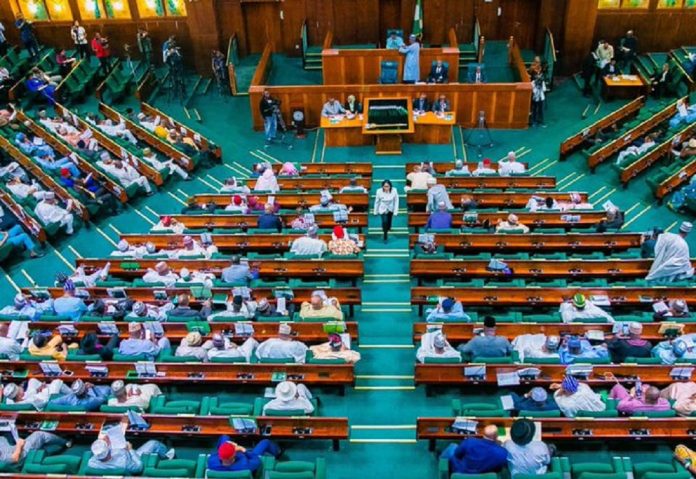By Paul Effiong, Abuja
House of Representatives Committee on Renewable Energy has advocated equitable and accessible policies to ensure tax break and vocational grants to empower youths in renewable energy in Africa, especially in Nigeria.
This was contained in a statement jointly signed by the Chairman of the committee, Afam Ogene and the Executive Director of INCLUDE, Anika Altaf.
The statement disclosed that key stakeholders made their intentions known at a side event co-hosted by the Committee on Renewable Energy and INCLUDE which is a Netherlands based knowledge platform during the ongoing Conference of Parties, COP29 in Baku, Azerbaijan, where world leaders are gathering to discuss climate change issues and how to mitigate them.
According to the statement, Ogene also used the opportunity to call for a deliberate inclusion of youths and legislators in conferences and workshops where issues involving policies regarding development in climate change and energy transitions are discussed, for a better understanding that would engender right policy formulation and intentional youth involvement.
The event titled ‘Driving the Just Transition: Labor-Based Incentives and Youth-Centric Policies for a Sustainable Future,’ focused on actionable strategies to foster fair and inclusive renewable energy transition in Africa.
The discussions centred around labour-based incentives, youth-centred policies and the intersection of equity, sustainability and job creation.
Apart from Ogene and Altar, other speakers at the side event include Professor of Economics, Bishkek State University, Kazakhstan, Nurgul Iliazova; Farida Ally, Kenyan youth leader, Solomon Abu, a nuclear scientist and Kgaugelo Mkumbeni, research officer, Institute for Security Studies, Kenya.
The statement informed that Altaf suggested mentorship programmes and international funding to authentically support youth-led renewable energy projects.
The conversations outlined a comprehensive approach to design labour incentives that not only support job creation, but also address the specific needs of young people. This includes accessible financial incentives, such as grants for youth-led startups and subsidies for skills acquisition in renewable energy industries; and policies that will integrate transparency and inclusivity to ensure equitable access.
The outcome of the event reflect a unified approach to address Africa’s unique challenges and opportunities in the global energy transition.
The statement said: “Victoria Manya set the scene for the panel’s conversation predicated on three critical factors such as: Africa has pressing needs, like job creation and energy access inorder to address energy poverty.
“Other factors mentioned during the conference is that Africa contributes less than four percent of global emissions.
“The event underscored the importance of crafting policies that resonate with young people. This involves using youth-friendly language, actively involving young voices in policy formulation and prioritising initiatives that align with their aspirations, such as meaningful, skill-based employment opportunities in the renewable energy sector.”
The speakers stressed the importance of involving youths, not merely as advisors, but as decision-makers in climate policy formulation policies.
Standardised toolkits and training programmes were identified as essential for equipping youths with the skills necessary to thrive in the renewable energy sector.
The session called for partnership between governments, educational institutions and private sector actors to develop and implement targeted technical and vocational training.
Participants unanimously urged international organisations and regional stakeholders to provide authentic support for youth-led initiatives. This includes mentorship programmes, direct funding for grassroots projects and platforms for cross-sector collaboration that prioritise local solutions.





